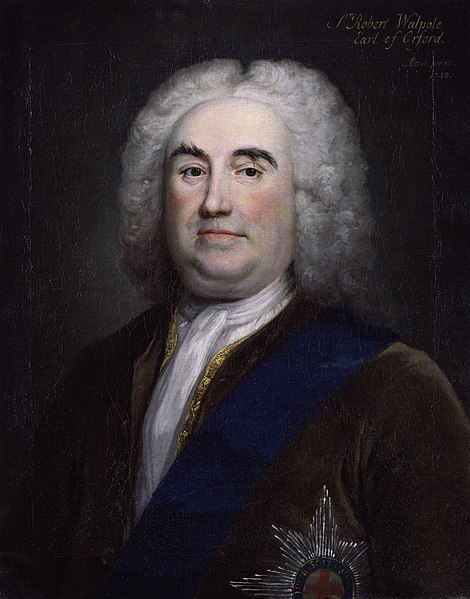The Licensing Act 1737 is a former Act of Parliament in the Kingdom of Great Britain, and a pivotal moment in British theatrical history. Its purpose was to control and censor what was being said about the British government through theatre. The act was repealed by the Theatres Act 1843, which was itself replaced by the Theatres Act 1968. The Lord Chamberlain was the official censor and the office of Examiner of Plays was created under the Act. The Examiner assisted the Lord Chamberlain in the task of censoring all plays from 1737 to 1968. The Examiner read all plays which were to be publicly performed, produced a synopsis and recommended them for licence, consulting the Lord Chamberlain in cases of doubt. The act also created a legal distinction between categories of "legitimate theatre" and "illegitimate theatre".
First page of the Licensing Act of 1737, which established the office of Examiner of Plays
The Lord Chamberlain of the Household is the most senior officer of the Royal Household of the United Kingdom, supervising the departments which support and provide advice to the Sovereign of the United Kingdom while also acting as the main channel of communication between the Sovereign and the House of Lords. The office organises all ceremonial activity such as garden parties, state visits, royal weddings, and the State Opening of Parliament. They also oversee the Royal Mews and Royal Travel, as well as the ceremony around the awarding of honours.
Sir Robert Walpole, the Prime Minister who gave the Lord Chamberlain official censorship duties. Painting by Arthur Pond.


